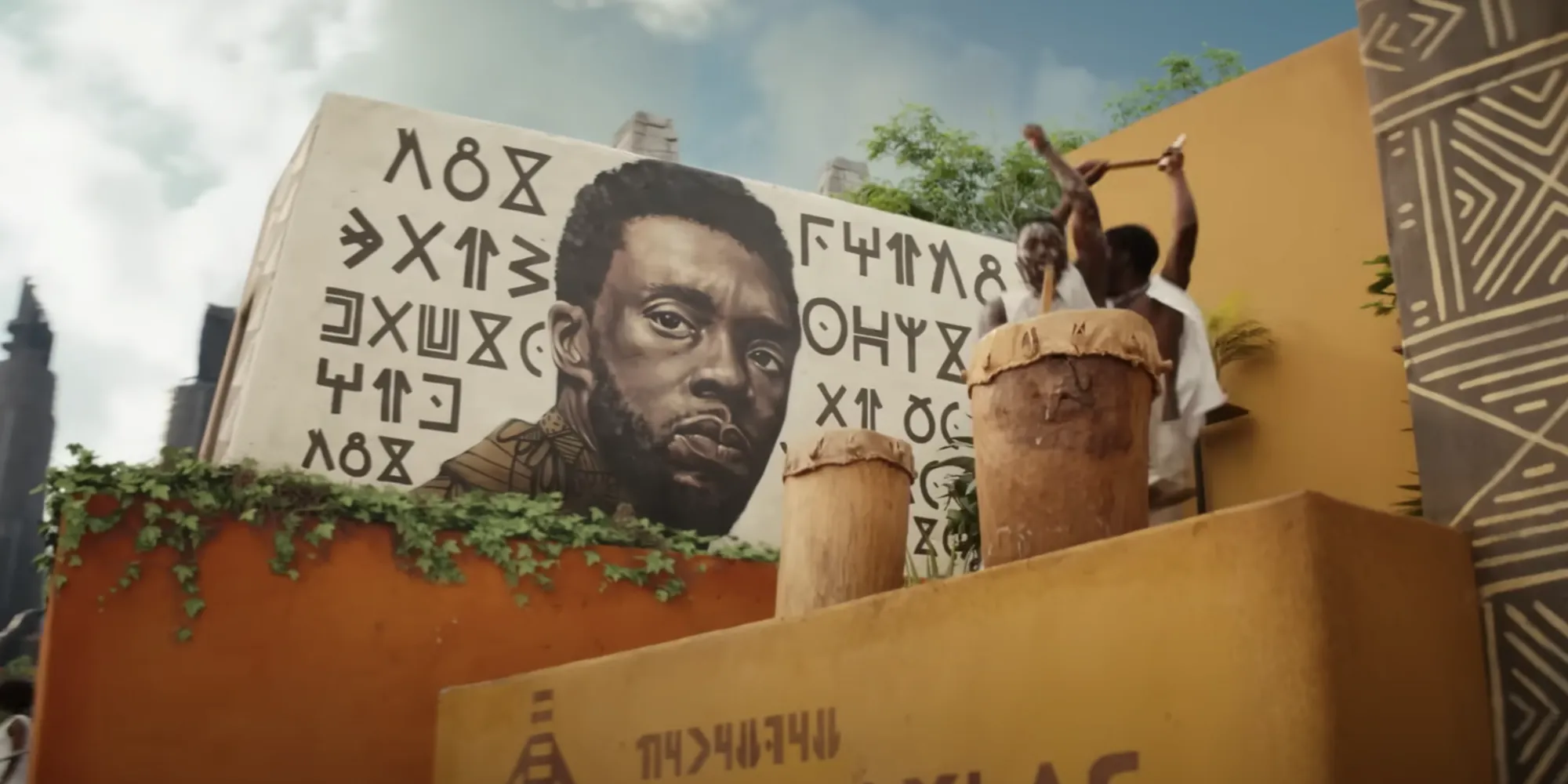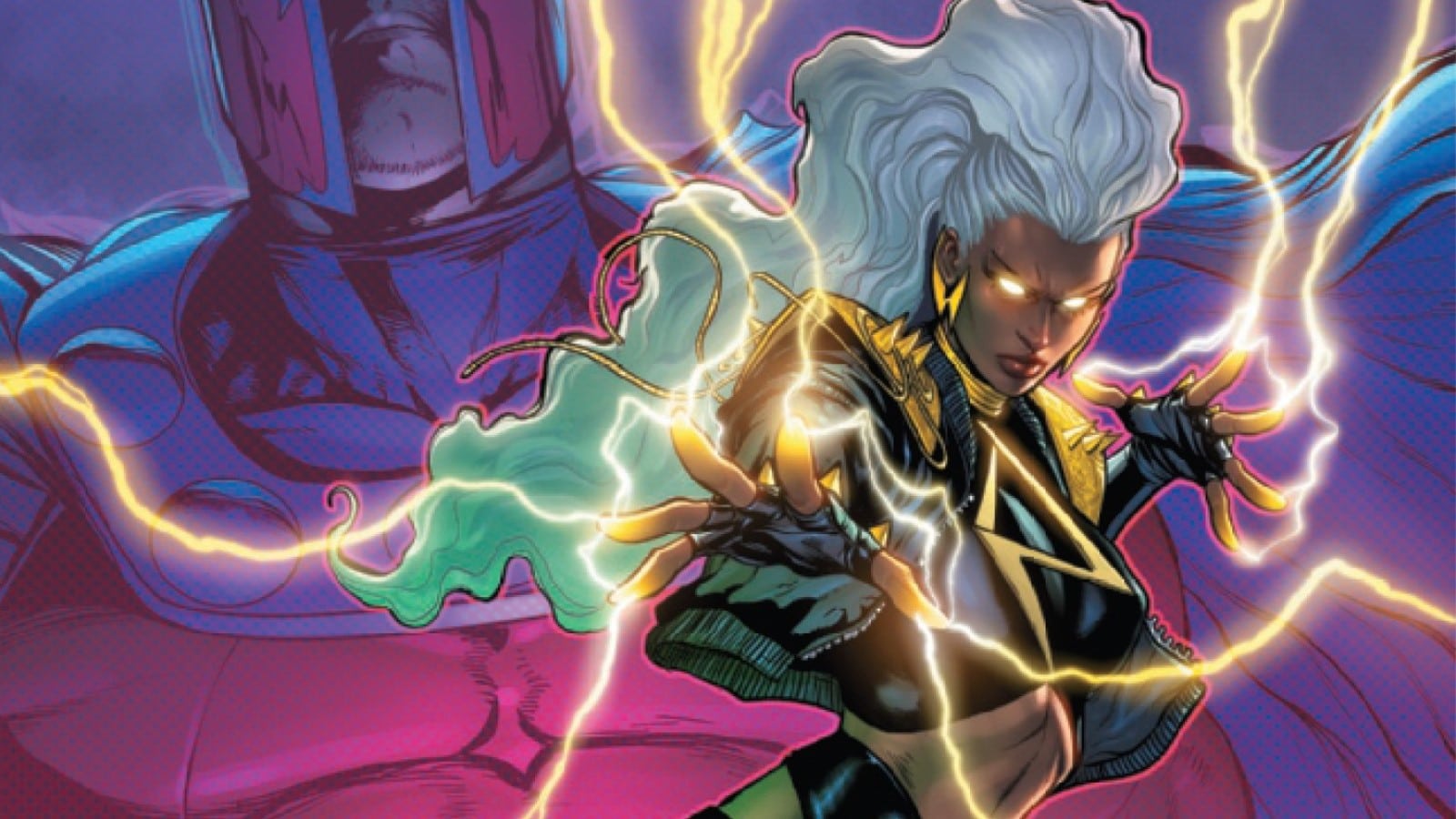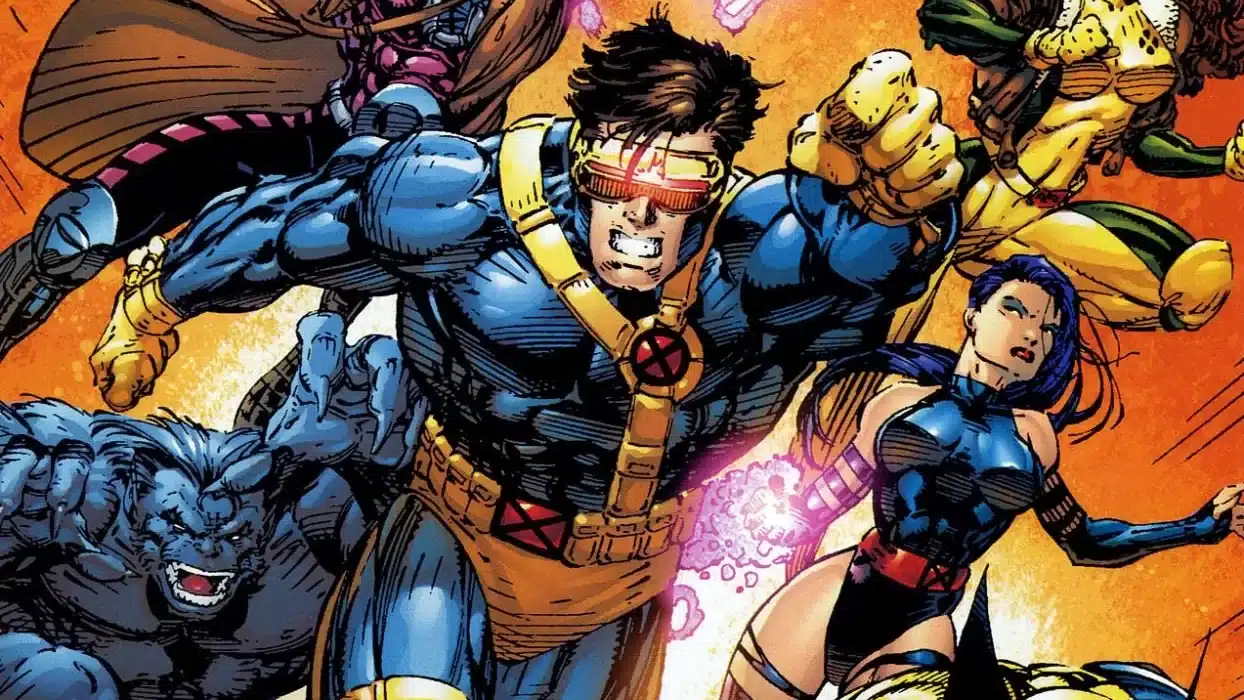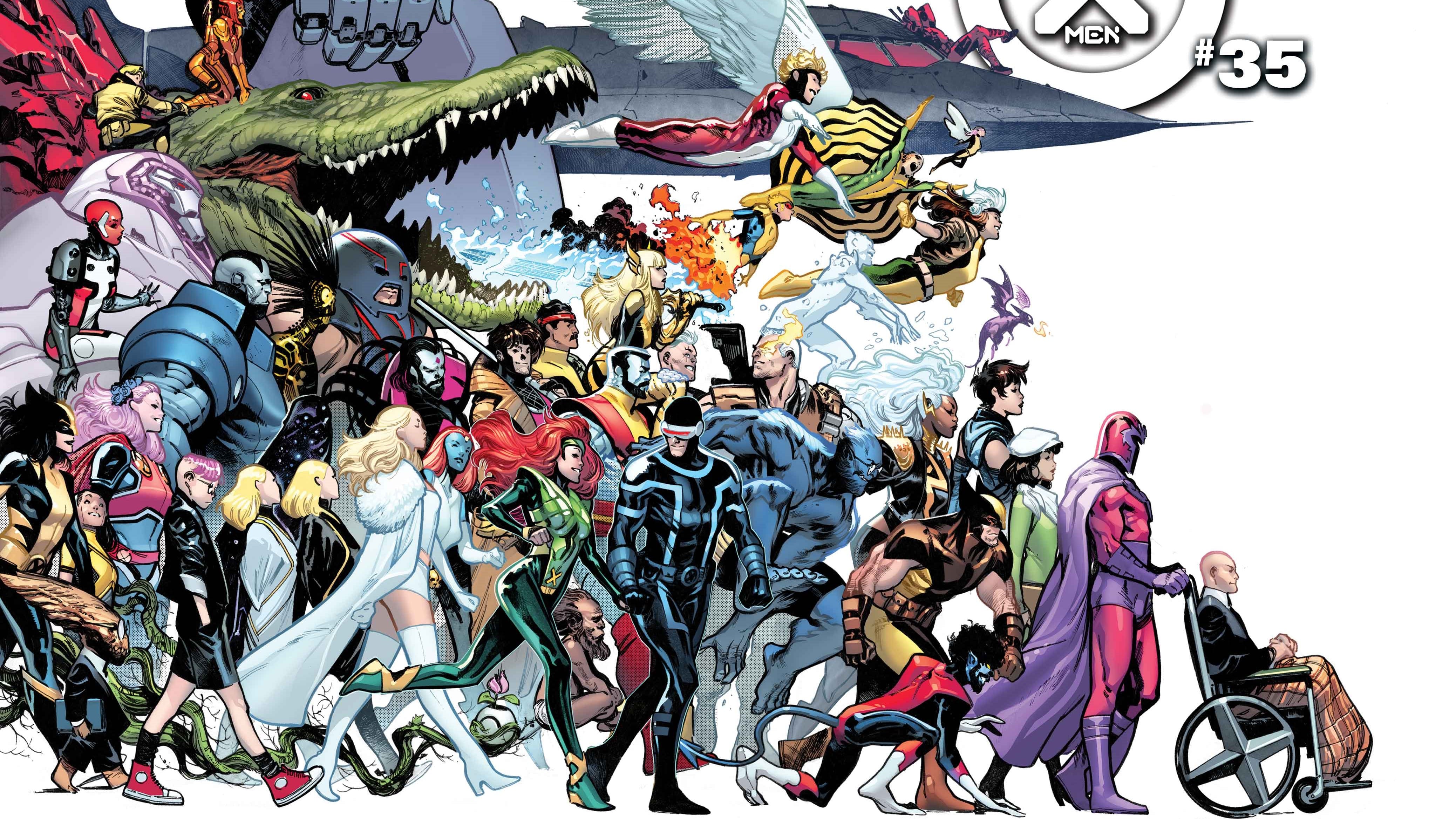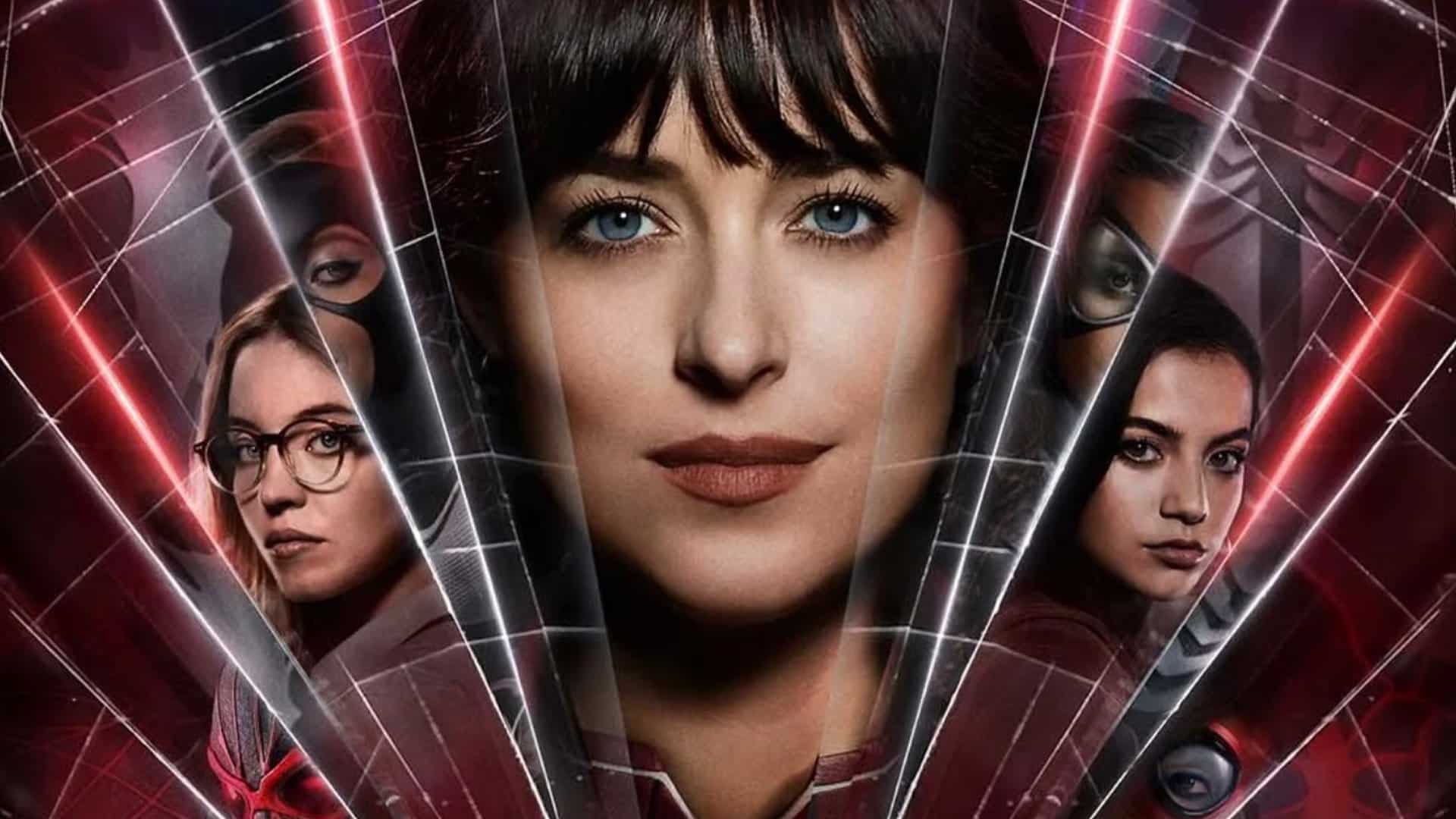It began with the sound of drums in the distance; a steady dumdum dum, dumdum dum, signaling an imminent arrival. That dumdum dum soon gave yield to more structured sounds: of bass drums, of brass instruments, of feet moving in unison. I heard horns, blaring; voices, wailing; tambourine taps keeping sonic pace with distant police sirens.
I sit on my front stoop as they approach; the horns grow loud, the yells, louder. T-shirts embossed with a man’s visage, adorned with photoshopped wings, are worn in lieu of traditional (who’s tradition?) black attire. The crowd is filled with Black people, wearing white, with knees that defy age and gravity as they touch the ground and immediately pop back up, syncopated with the steady dumdum dum of the drum.
The spirit and the sound will find ways to flow through you.
After about 15 minutes, the impromptu parade passed. Traffic is once again going down the street. Normalcy – or what passes for it in New Orleans – has returned.
It is a Sunday afternoon. I am at my childhood home in the 7th ward. Someone is going home in style.
It’s a second line, yes, but not just any second line. It’s a Jazz Funeral: a procession of praise, sorrow, and thanks that must certainly have reached the deceased in heaven.
If nothing else, it reached me.
Marvel trailers are a notoriously weak means to judge the eventual quality of their movies. Special effects are often unfinished; whole scenes may disappear, be rearranged, or altered so as to not give away plot points. So there’s only so much one can take away from Black Panther: Wakanda Forever’s masterful, inspiring, possibly perfect trailer.
And yet when I saw a procession of people, dancing, singing, praising, decked out in white, I knew exactly what I was looking at. I knew, from a movie culture rooted in Pan-Africanism just as much as my hometown, exactly what was happening.
King T’Challa was going home.
For some, for too many, this is unacceptable. For some, for too many, a fictional character is a separate entity from its actor, and can be – should be – replaced if that actor is unavailable to fulfill the specifics of whatever comic lore they wish to see on screen.
For some, T’Challa cannot die; he must be recast so the movie can go on, unabated. Unbothered.
Unacknowledged
As you may have guessed, I am not some people, even if I can sympathize with their desires.
We, people of the diaspora, waited so long for a Black man to be a proper hero; to lead a film with an actual budget. Black Panther was not a parody, not an exacerbation of hyper violent stereotypes, not a stand-in sidekick of a better-known white character. T’Challa was his own man. He was our man. And to lose that character – to lose that kind of representation – is heartbreaking.
So just imagine how those who knew Chadwick felt. Those who worked with him, studied with him, toured with him, smiled with him. Imagine how they feel. Imagine asking them to ignore those feelings and replace him like he was never there.
You can’t.
We shouldn’t.
A good, righteous man died. A man who was inexorably connected to the character: every speech, every appearance for what felt like years required him to give a cross-chest salute. Chadwick was not just an actor playing a role; he was T’Challa. He wore the mantle – the crown – at all times. Even when I’m sure it was annoying. Even after his diagnosis for cancer, when it was painful.
The character deserves to be acknowledged as his, on screen, as he was acknowledged as the character off screen.
It is only right. It is only fair.
And we – those who worked with him, who traveled and promoted with him, appreciated him, who were inspired by him, who laughed and loved him – are obliged to mourn him in the way we know best: through art.
Through celebration.
Through a procession of dance in white attire, with tears flowing down our buoyant cheeks, with sounds of praise, sorrow, and thanks reaching to the heavens so he can hear just how much he was loved.
Disney is a corporation; it is a business. It exists solely to return shareholder value – to make money. If it can make money by making good art, great. If making money compromises art, then art must be compromised.
It’s not always pretty, maybe it never is, but that’s capitalism for you.
Because Disney is a business, and because the Black Panther is part of that business, I know, without a shadow of a doubt, that someone will take up the mantle again. That someone will be almost certainly be a heterosexual cis Black man. And while nothing is wrong with that, it’s precisely why the recast “movement” feels so disrespectful and unnecessary.
To be up in arms about a movie you haven’t seen because it may not contain an iteration of a character who almost certainly will return just as you wanted him is foolish, childish, presumptuous, and petty.
T’Challa will rise again. The shareholders demand it.
How thankful I am, then, that Wakanda’s artist auteur, Ryan Coogler, has earned enough fiscal leeway to put off the shareholders for at least one film.
Mr. Coogler knows about death. His first major motion picture, Fruitvale Station, framed the life and death of Oscar Grant (say his name) in a profoundly heartbreaking way. To this day I’m still shaken by the movie’s last scene – Mr. Grant’s daughter, standing at a celebration of her father’s life on the anniversary of his death.
But again, that’s what made the moment so powerful: acknowledgement of the truth, even through tears.
In Creed, the main character struggles to reconcile his existence against the image and reality of his dead father. In Black Panther, both the protagonist and antagonist struggle with loss: the protagonist faces his anger and guilt at loss and comes to grips with it; the antagonist, radicalized due to his reluctance to acknowledge his feelings, is consumed by that same anger and guilt. Mr. Coogler understands the power and poungiancy of passing.
Given Mr. Coogler’s history, I expect the acknowledgement of T’Challa-cum-Chad’s passing to only make the film stronger.
How strong? I don’t know.

I have no idea if Back Panther: Wakanda Forever will meet the cultural impact of the first movie; honestly, I don’t care. I’m perfectly fine with waking into the movie blind, with only the foresight that my presence is a means of paying homage to a great character, embodied by a greater man. I know that when I hear the yells and wails and dumdum dum of the drum, that Chadwick will have been fully honored. And then we can move on. Normalcy – or what passes for it in a universe that can get cut in half by a snap – will return.
But those moments of mourning will stay with me, just as his memory, his easy smile, his soft spirit and hard morals, have stood with me since his passing.
Chadwick deserves to have his spirit and visage immortalized on film, forever connected to the character he gave life to.
It’s been years, decades, since I experienced my last jazz funeral procession, yet the memories are still vivid. The impression is permanent. The experience stays with you.
So please, let this movie be the experience, the celebration, the final mourning, that keeps Chad with us.
Forever.
A proud New Orleanian living in the District of Columbia, Jude Jones is a professional thinker, amateur photographer, burgeoning runner and lover of Black culture, love and life. Magneto and Cyclops (and Killmonger) were right.
Find more of Jude’s writing here.

